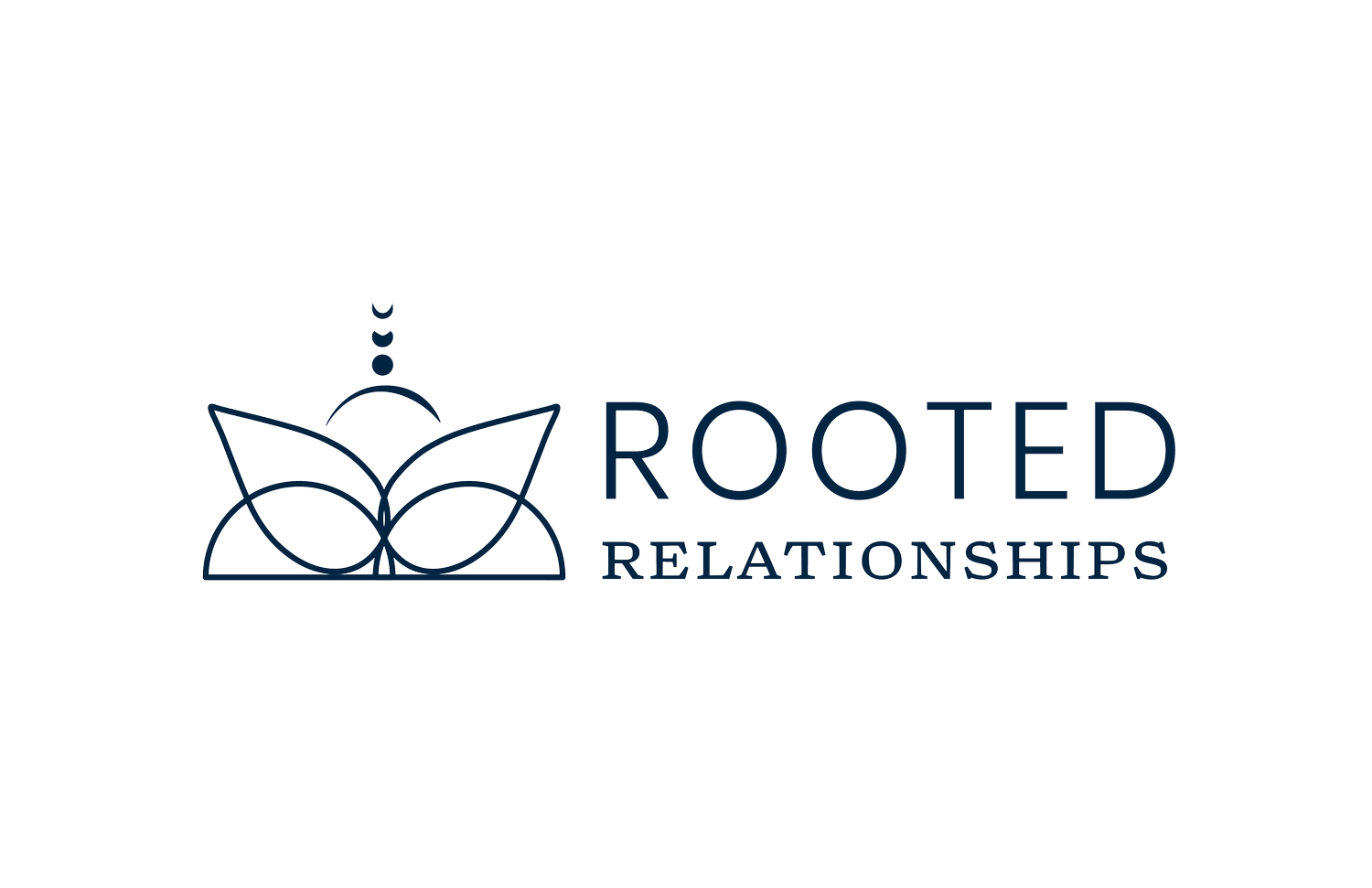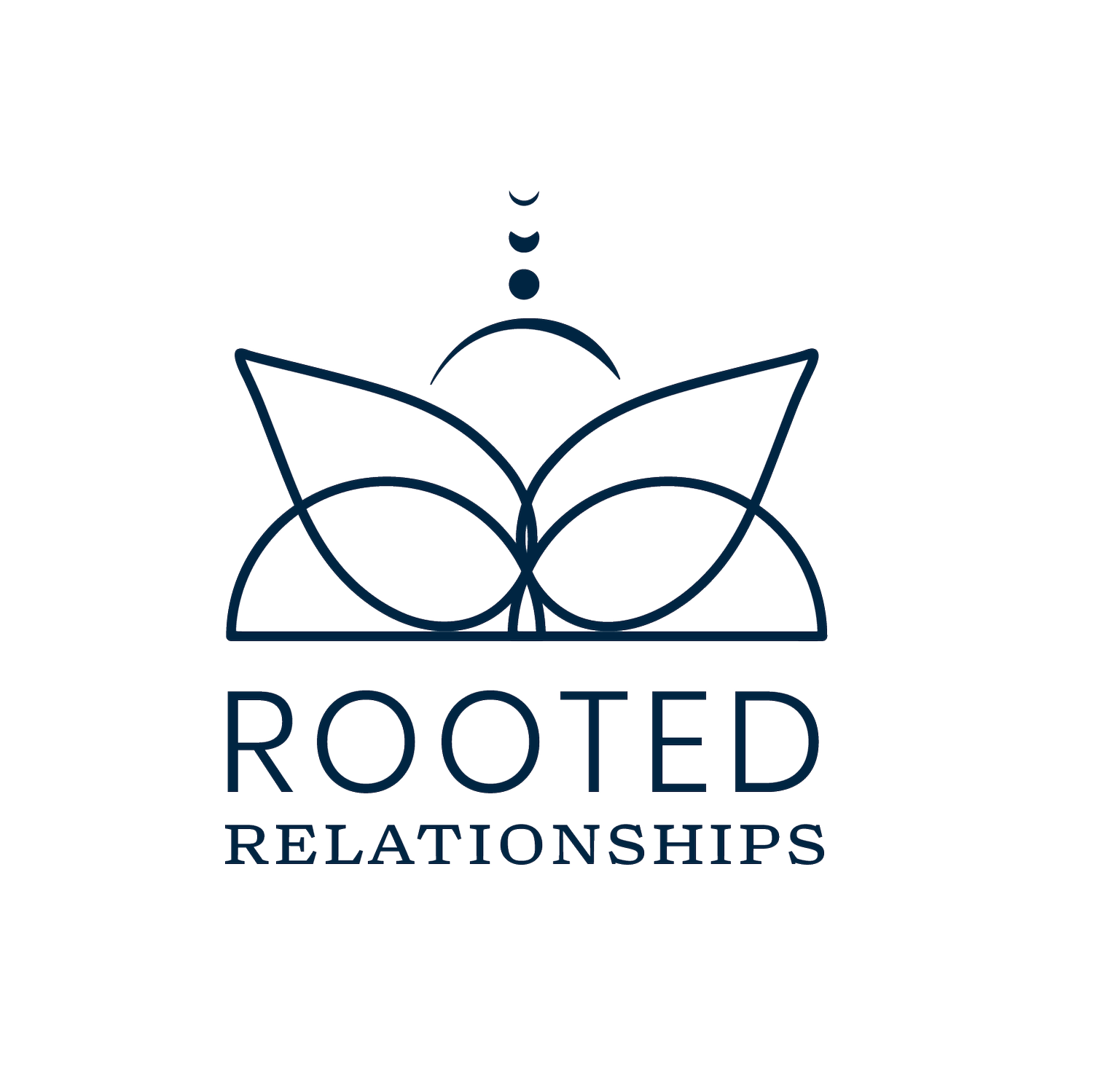7 Questions to Ask Yourself for Relationship Growth in 2025
Relationships are never static—they evolve, just as we do. They are gardens that require consistent care, attention, and reflection to thrive. If left unattended, weeds of misunderstanding, disconnection, or shut-down can take over. But with honest self-reflection, we can nurture relationships that blossom into sources of joy, connection, and strength.
As we step into 2025, it’s the perfect time to pause and ask ourselves some hard but necessary questions. Whether you're looking for a new partner, contemplating divorce, or striving for long-lasting love, self-awareness is the first step toward relationship growth. Here are seven thought-provoking questions to help you prepare to cultivate stronger, healthier connections this year.
1. How have my personal desires and values changed over the past year, and how does this impact my current or future relationships?
We are dynamic, evolving beings. What you valued a year ago may not align with who you are today—and that's perfectly normal. Take time to stop and consider how these changes affect your relationships.
Ask yourself:
Do my current relationships already honor the person I'm becoming?
Am I clear about my new goals, both with myself and my partner?
For example, perhaps your emotional needs and goals have shifted—maybe you've developed a desire for exploration and growth, while your partner values consistency and comfort. These changes aren’t about right or wrong; they’re about recognizing how you’ve both evolved. Taking time to reflect on these shifts helps you make intentional decisions about your relationship, rather than gradually growing apart.
2. What communication patterns have difficult in my relationships, and am I ready to improve?
Do you find yourself raising your voice during arguments? Or shutting down instead of expressing your feelings? Defensive communication patterns can turn even the strongest relationships into battlegrounds.
Consider:
Are there recurring arguments that never seem to resolve?
Do I truly listen when my partner speaks, or am I quick to jump to assumptions or reaction?
Improving communication is about progress, not perfection. Start by recognizing patterns—maybe you're avoiding vulnerability to shield yourself from getting hurt, or stuck wanting something your partner cannot give you. Direct dialogues and Resonating, two tools I use with clients, can transform conflict into connection.
3. In what ways does my current or past relationships support growth and well-being, and how can I enhance this support in the coming year?
Relationships flourish when they nurture inner emotional growth and evolution. True connection comes from supporting each other’s personal journeys, creating a safe space for vulnerability, and encouraging self-discovery. Reflect on how you and your partner have helped each other grow emotionally, fostering resilience, self-awareness, and a deeper sense of fulfillment along the way.
Ask yourself:
Are we both genuinely invested in each other's growth, or are we too focused on our own individual needs? What makers help me know this is a yes or a no?
What needs can I anticipate might come up for each of us emotionally, mentally, or even practically in 2025?
Support can come in many forms—a simple “I’m proud of you,” or offering to shoulder some household responsibilities so your partner can have time to chase their goals. Small, intentional acts can make a huge difference.
4. What happens for me in conflict, and where can I find resources for healthier resolutions and understanding?
Conflict is inevitable. How you handle it, however, is what defines the strength of your relationship. Do you lash out in the heat of the moment? Do you retreat into silence and shut down, or give your partner the silent treatment? Or perhaps you struggle to address the real issue hiding beneath the surface, more inclined to try to have fun now rather than "get into it?"
Reflect:
What do I feel during a disagreement—anger, shame, dismissed, called out, afraid?
Are there ways I can better express my emotions without blaming or attacking?
Consider digging into resources like books on conflict resolution or couples therapy. Healthy conflict makes room for multiple perspectives—two people working together to find solutions and grow closer.
5. What happens for me when I need to trust others? And am I ready to learn how to maintain trust in myself and with my partner?
Trust is the invisible thread keeping relationships intact. For some of us, we trust very easily, maybe bordering on idealizing our new partners and trust before it's even earned. For others, trust is something they don't even give themselves, let alone others. When trust is strong in a relationship, our path is unshakeable. When trust is broken, it can feel impossible to rebuild.
Ask yourself:
Do I trust myself to make decisions that align with my values?
Do I overly give trust to or withhold trust from others?
Have I taken accountability for any actions that may have hurt my partner’s trust in me, either in this relationship or past ones?
Building trust starts with honesty, not just with your partner but with yourself. If trust has been compromised, committing to doing the work, whether through open communication, consistent actions, or professional guidance, is a first step toward rebuilding it.
6. Am I fully present and engaged in my relationships, or do I sometimes avoid deeper connection and intimacy?
Life gets busy, and emotional intimacy can often take a back seat. But how often do we fully show up for our relationships without distractions or reservations?
Reflect:
When was the last time I laughed and connected with my partner without distractions?
Do I avoid deeper conversations out of fear of vulnerability?
How are my habits of distraction getting in the way of connecting with myself?
Being present isn’t just about spending time together—it’s about authentic relating. Take time to create uninterrupted moments where you can truly reconnect with others. Turn off distractions like your phone or TV. Whether it’s through meaningful conversations, shared activities, or simply enjoying each other’s company side-by-side, finding connection allows you to build deeper, more authentic relationships that strengthen and foster mutual understanding. Intimacy grows in the quiet spaces where you both feel seen and valued.
7. Looking towards the future, what are my relationship goals, and what steps can I take to align my actions with these aspirations?
Do you dream of a partnership filled with connection and joy? Do you aspire to heal and rebuild trust after a painful betrayal? Or find a partner you can envision your life with? Whatever your vision for love, it won’t happen by chance.
Ask yourself:
What do I want more of in my relationships—Laughter that fills the room, honesty that builds trust, and knowing how much you are loved?
Am I working on myself in ways that move me toward these goals, or am I hoping they’ll unfold, perhaps if my partner changes or if I find a new one?
Turn your dreams into specific and actionable steps. For example, if you want a deeper connection, plan meaningful conversations or activities that bring you closer. If it's healing you're after, journaling or therapy may be your starting point. Your future relationship is shaped by the choices you make today.
Build Bridges, Not Walls
Relationships are as much about nurturing ourselves as they are about connecting with others. The seven questions above are starting points to light your path to growth, healing, and love in 2025.
What actions will you take to foster healthy relationships this year? If you're ready to go deeper, consider working with relationship coaches or exploring self-help resources that align with your goals.
Remember, the strongest relationships aren't perfect—they’re simply built on mutual growth, understanding, and endless care. Start asking the tough questions, and watch your connections bloom.





